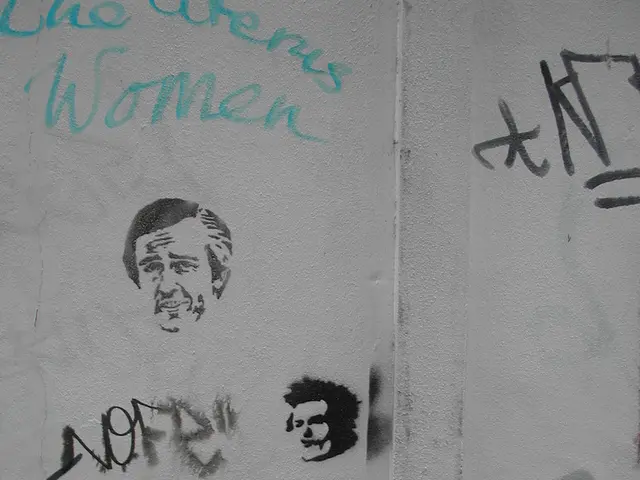Microsoft Introduces Its Own Language Models for Public Sale - Purpose Unclear
Microsoft has made a significant move in the realm of artificial intelligence (AI) by announcing the hiring of AI expert Mustafa Suleyman and his team, previously from Inflection. This move is seen as a clear signal that Microsoft is not just adopting AI models from OpenAI, but is also developing its own models.
Suleyman and his team are responsible for many of the most important AI breakthroughs of the last five years, and their arrival at Microsoft marks a long-term strategy to develop in-house AI models. Microsoft CEO Satya Nadella praised Suleyman effusively in a blog post, highlighting his contributions to the field.
In a bid to improve its models, Microsoft has announced the publication of two large language models (LLMs), MAI-Voice-1 and MAI-1-preview. The model MAI-Voice-1 is being considered for use as the speech interface of Copilot, Microsoft's AI-powered tool currently relying on ChatGPT.
MAI-Voice-1 was developed in part due to issues with the speech mode of ChatGPT, such as unstable connections and inappropriate answers. The model offers a glimpse into future offerings within Copilot, with MAI-1-preview being the first "end-to-end trained foundation model."
Initially, MAI-1 will be used to enhance ChatGPT as the copilot's brain. However, the new models from Microsoft, particularly MAI-1, suggest a plan for the post-OpenAI era, as Microsoft is either planning to fully replace ChatGPT with its own models or keep OpenAI at bay.
The future of Microsoft's relationship with OpenAI, as well as the general future of AI in Redmond, remains uncertain. The intensifying debate about what Microsoft is getting out of its $13 billion investment in OpenAI indicates a potential shift in their relationship.
A user from the OpenAI developer forum compared the voice chat with the bot to "a meaningless conversation you might overhear at a bar - from someone with little education and poor expression." This sentiment, along with Microsoft's recent hires and developments, suggests a desire for more control and innovation in Microsoft's AI department.
Mustafa Suleyman, as the head of Microsoft AI, plays a leading role in the development of AI technology at Microsoft. He is warning about risks like AI systems simulating consciousness and advocating for responsible AI interaction design. Suleyman is also leading efforts to integrate AI into Microsoft products such as Office 365 and Azure AI services, indicating ongoing deep involvement in Microsoft's future AI development.
As Microsoft continues to innovate and develop its own AI models, the landscape of AI in technology is poised for exciting changes. Stay tuned for more updates on Microsoft's AI developments in the coming months.








